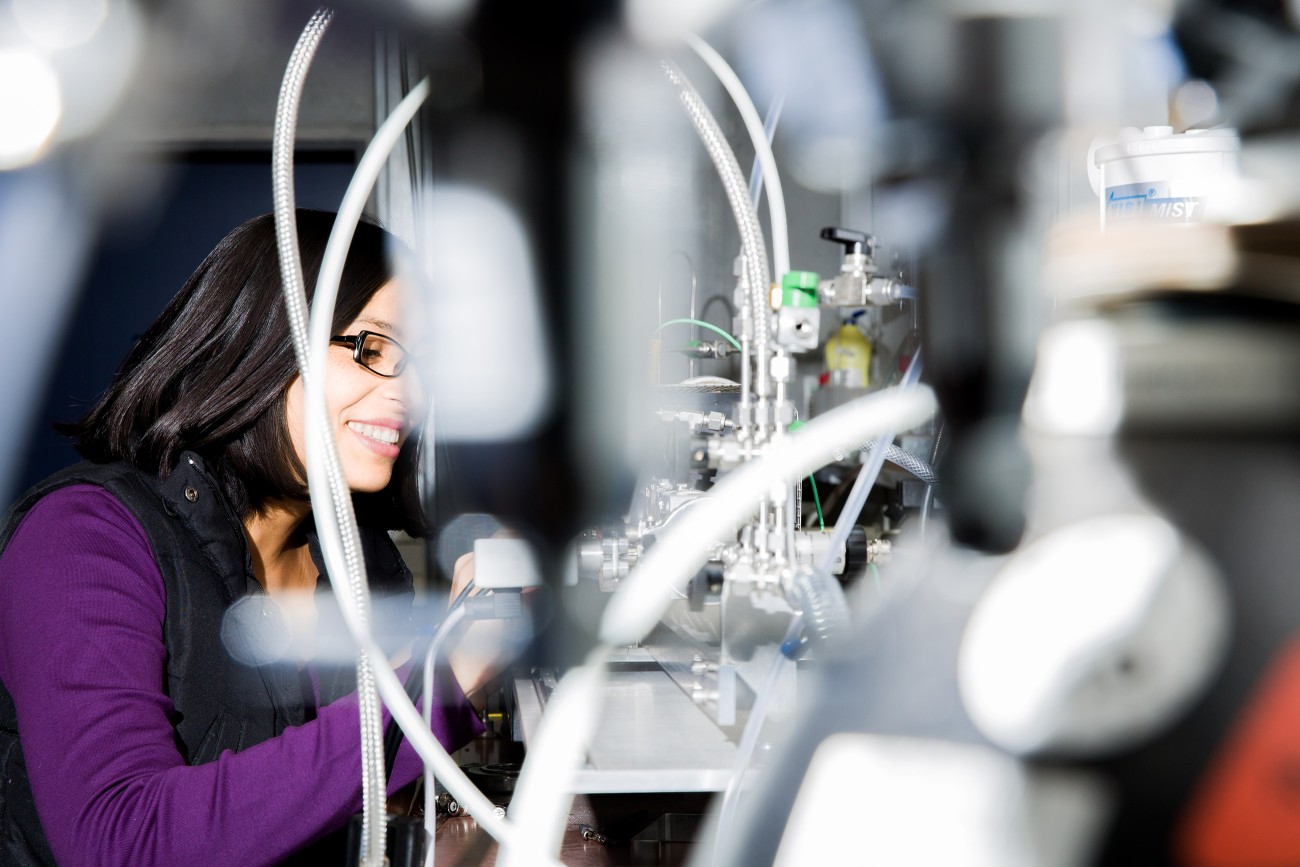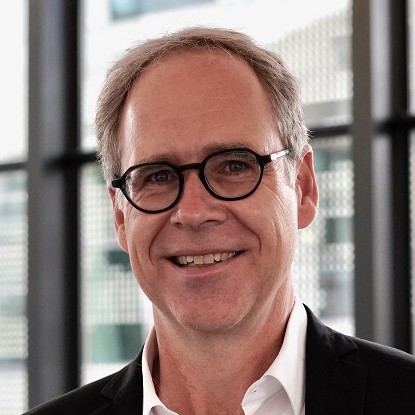Excellent projects – a selection

Iron, upgraded! - Collaborative Research Center
Iron is affordable, sustainable, and highly reactive – yet its full potential often remains untapped. “Iron, upgraded!” aims to make iron a substitute for rare or critical metals through targeted manipulation of the chemical environment.

Standards of Governance - Research Training Group
What does “good governance” mean – and how can it be researched? “Standards of Governance” brings together researchers from TU Darmstadt and Goethe University Frankfurt to examine ideas and practices of good governance in an interdisciplinary manner.
Collaborative Research Centres and Transregios at TU Darmstadt
In the Collaborative Research Centre (SFB or CRC) programme, the German Research Foundation (DFG) promotes academically challenging, long-term interdisciplinary projects that contribute to building the profiles of the universities involved. A traditional Collaborative Research Centre is generally run by the scientists and researchers at one university, while Transregios are applied for and implemented in contrast by multiple universities together.
You will find all of the Collaborative Research Centres and Transregios that are being coordinated by the scientists and researchers at TU Darmstadt or in which TU Darmstadt is participating, as well as the completed projects at TU Darmstadt or those with TU Darmstadt participation, in the list below.
Information about the application process and about the funding programme Collaborative Research Centre/Transregio can be found on the DFG website.
Prof. Dr.-Ing. Johannes Janicka
Prof. Dr. Jens Braun
Institute for Nuclear Physics
Department of Physics
The DFG liaison officer provides scientists at TU Darmstadt with advice on the funding opportunities offered by the DFG.
Research Training Groups at TU Darmstadt
The Research Training Group (GRK or RTG) programme of the German Research Foundation (DFG) promotes outstanding and particularly innovative research projects, which are inextricably linked to the structured training of young researchers in each relevant field. The key emphasis is the qualification of doctoral students within the framework of a focused research programme and the development of a structured training strategy designed to prepare them for the complex job market for scientists and researchers. The aim is for the doctoral students to develop an early scientific independence and to shorten the time taken to gain their PhDs.
You will find all of the Research Training Groups that are coordinated by the scientists and researchers at TU Darmstadt in the following list.
Information on the application process and on the Research Training Group programme can be found on the DFG website.
Research Units at TU Darmstadt
The Research Unit (FOR) programme of the German Research Foundation (DFG) promotes close cooperation between outstanding researchers, who work together on a common research task. The scope of these research projects goes far beyond the funding opportunities offered by the individual grants programme of the DFG. The funding of Research Units is designed to provide the necessary personnel and material resources for medium-term, close cooperation. Research Units also often contribute to the establishment new directions of research.
In the following list, you will find the ongoing and completed Research Units at TU Darmstadt, as well as those where TU Darmstadt has participated in external Research Units.
Information on the Research Unit programme and on making an application can be found on the DFG website.
DFG Priority Programmes at TU Darmstadt
The funding instrument “Priority Programme” (SPP) of the German Research Foundation (DFG) promotes nationwide collaboration between scientists. Priority Programmes are designed to give clear impetus to the advancement of research through the coordinated, multi-location funding of important new topics. Special characteristics of the Priority Programmes thus include the achievement of new levels of quality in terms of the topics, the collaboration or the methodology, creating added value through collaboration between different disciplines (interdisciplinarity) and the development of networks.
You will find all of the Priority Programmes that are coordinated by scientists at TU Darmstadt in the following list.
Information on the application process and on the format of the priority programmes can be found on the DFG website.










